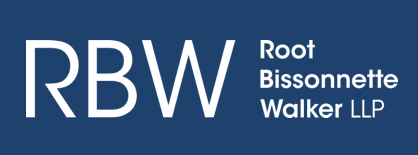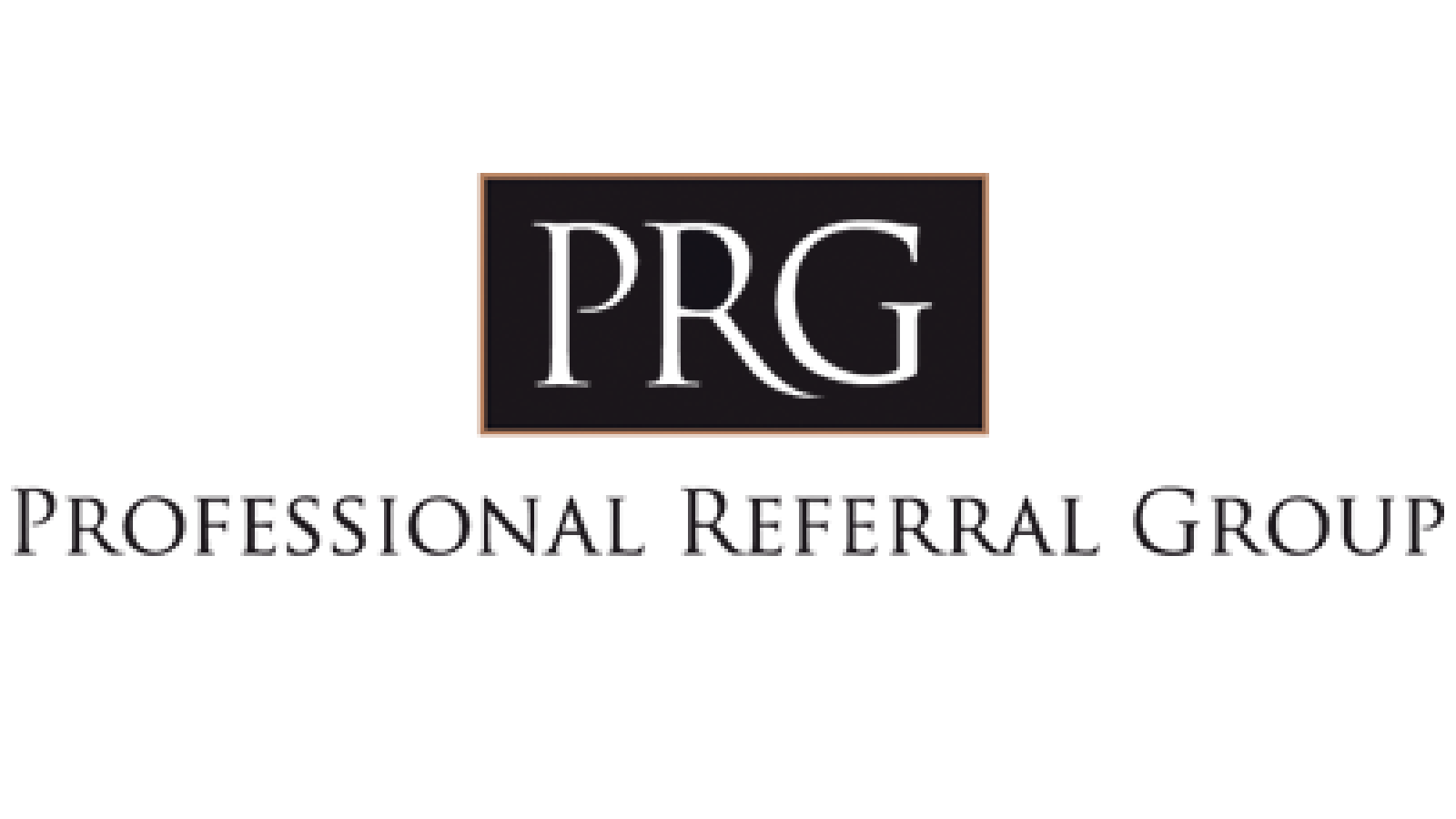Trusts are an important planning tool for many Canadian households.
Some benefits can include tax planning opportunities, and estate management. To increase the transparency of who is using/benefitting from these trusts, the federal government introduced new trust reporting rules. These changes came into effect to taxation years ending after December 30, 2023.
Current trust reporting
Generally, a trust needs to file a T3 trust income tax return (a “T3”) if the trust has taxes to pay, disposes of a capital property or makes a distribution to one or more beneficiaries.
New trust reporting
Many trusts that were not required to report in the past will now be required to file a T3 unless an exception applies. In addition, the enhanced disclosure requirements will require trusts to report information on each trustee, beneficiary and settlor involved, as well as each person who can exert control or override trustee decisions. The new trust reporting rules require the disclosure of the name, address, date of birth, country of residence and taxpayer identification number for each of those persons.
Affected Trusts
The new rules will apply to Canadian-resident express trusts with certain exceptions, and non-resident trusts that are currently required to file an income tax return. Generally, an express trust is a trust created with the settlor’s express intent, usually made in writing (e.g., trust agreements) according to the CRA. In addition, the legislation specifically includes the disclosure of information on bare trusts amongst. A bare trust is a trust where the trustee has legal ownership of the property but has no obligations other than to deal with the trust property as instructed by the beneficiaries of the trust.
Exceptions
Certain trusts are excluded from the new rules including graduated rate estates, trusts governed by certain plans (e.g., Registered Retirement Savings Plans, Tax-Free Savings Accounts, Registered Education Savings Accounts), or trusts that qualify as non-profit organizations or registered charities.
Penalty
If a trust fails to meet its obligations under the new reporting requirements, the penalty will be equal to $25 for each day with a minimum penalty of $100 and a maximum penalty of $2,500. If the failure to file was made knowingly, or due to gross negligence, an additional penalty will apply.
Next steps
If you are a trustee of a trust, you should review these new rules with your tax and/or legal advisor to understand how the new trust reporting requirements affect the trust, determine if your trust still meets the goals for which it was created, and plan to meet all requirements.
This article was written by Edward Jones for use by your local Edward Jones Financial Advisor, Nicolle Lalonde.
 Back to myNiagaraOnline
Back to myNiagaraOnline
































